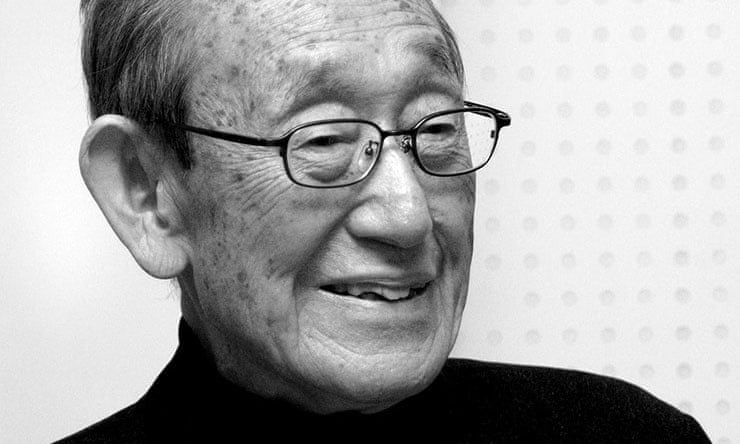Iconic designs are never conceived in isolation. From the early stages of idea development, to craftsmanship and production teamwork - community is at the heart of great design. Riki Watanabe (1912 - 2013) was not only a prolifically talented post-war interior designer - he built much of the Japanese design infrastructure still in existence today.
Clocks designed by Riki Watanabe
In Riki Watanabe's early years it was impossible to avoid the influence of Le Corbusier and the Bauhaus movement. Western modern ideas fascinated Watanabe. He had started his design career as a woodworker. After graduating from the Woodcraft Department at Tokyo Higher School of Arts and Design (now Chiba University) in 1936, he started work in the office of Bruno Taut.

Bruno Taut house, the colored studio, 1926.
Bruno Taut was a German-Jewish architect who had fled to Japan in order to escape the Nazi regime. Antisemitism aside, Taut had struggled to find a home for his democratic ideals in German society. His architectural design emphasized access to sunlight, air, gardens, and beauty - ideals deemed by political conservatives as too opulent for "simple people".

Watanabe admired Taut's connection to everyday life and everyday people. However, rather than simply importing Taut's European modernist ideals to Japan, Watanabe wanted to see how to weave these influences into a specifically Japanese context.
Clock designed by Riki Watanabe
In order to do this, Watanabe established his own Japanese design studio in 1949 - Q Designers. He focussed on designing intelligent forms made from inexpensive materials, with the hope that any family in post-war Japan could enjoy his work.

Interior designed by Riki Watanabe
The 1952 String Chair was a key design in bringing chairs to working class homes, that had previously enjoyed a tatami-mat floor based lifestyle.

1952 String Chair
Watanabe's clocks - some of his most recognizable work and Tortoise favorites for almost two decades - are simple and minimalist. Watanabe wanted them to be compatible with small, narrow living spaces. They are designed to be un-intrusive and easy to understand.

Stools designed by Riki Watanabe. Put back into production by MoMA in 2006.
These products truly embodied democracy during a time when many Japanese citizens were experiencing post-war poverty.
Alarm clock designed by Riki Watanabe
For the next 50 years, Watanabe left his mark on Japanese design by establishing the Japan Industrial Design Association and the Japan Design Committee. His many accolades include the Gold Medal at the 1957 Milan Triennale and the Mainichi Industrial Design Prize. In 2006, MoMA opened an exhibit dedicated to his life's work.

Riki Watanabe
Riki Watanabe died in 2013, at the age of 101.






